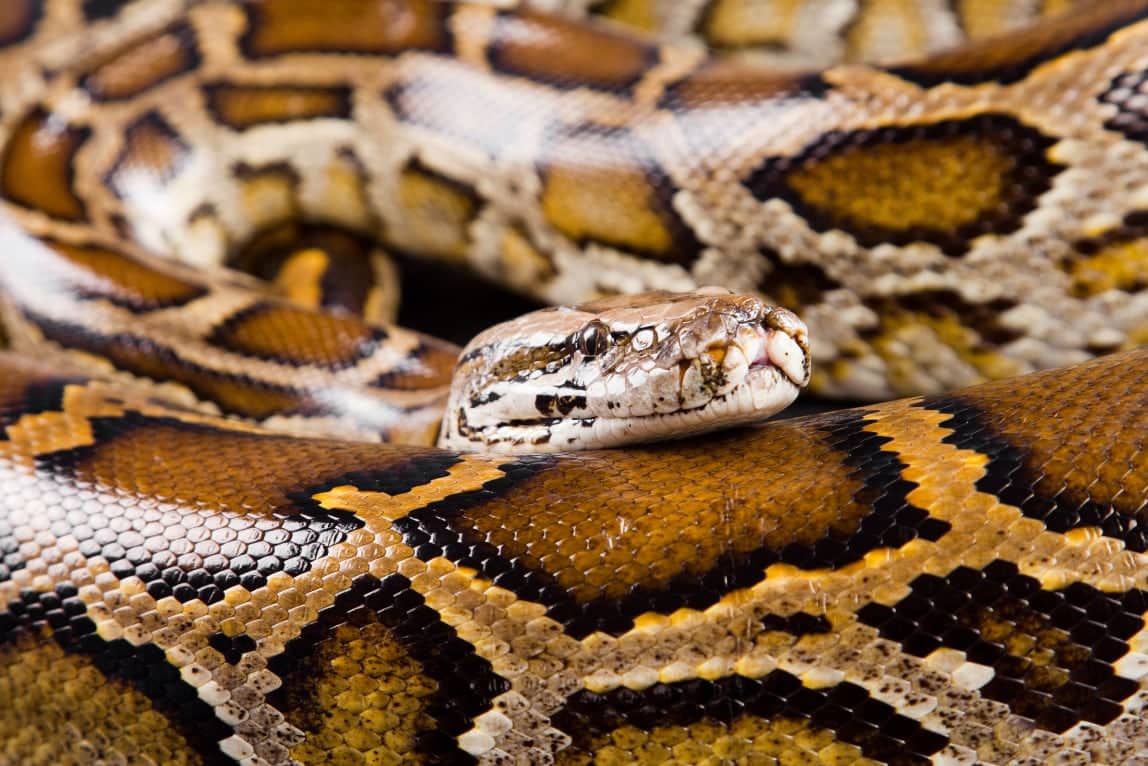A new study coming out the University of Queensland in Australia has found that certain snake species that are preyed upon by venomous cobras have bec
A new study coming out the University of Queensland in Australia has found that certain snake species that are preyed upon by venomous cobras have become neurotoxin resistant, helping them to avoid (at least those that are larger) being eaten by the venomous snake.
The researchers noted that the Burmese python (Python bivittatus), for example, is extremely resistant to the venom of cobras. They also noted that while the Asian snakes are resistant to the neurotoxins found in cobra venom, Australian pythons that don’t live in the same environment as venomous, snake eating snakes, don’t possess the neurotoxic resistance.
“The target of snake venom neurotoxins is a strongly negatively charged nerve receptor,”Associate Professor Bryan Fry from UQ’s Toxin Evolution Lab said in a University of Queensland press release. “This has caused neurotoxins to evolve with positively charged surfaces, thereby guiding them to the neurological target to produce paralysis.”
“But some snakes have evolved to replace a negatively charged amino acid on their receptor with a positively charged one, meaning the neurotoxin is repelled. It’s an inventive genetic mutation and it’s been completely missed until now. We’ve shown this trait has evolved at least 10 times in different species of snakes.”
King Cobra And Reticulated Python Battle Caught On Video
The researchers availed of the university’s new Australian Biomolecular Interaction Facility, which enabled them to screen thousands of samples a day.
The complete paper, “Electrostatic resistance to alphaneurotoxins conferred by charge reversal mutations in nicotinic acetylcholine receptors” can be read on the Royal Society Publishing website.
Burmese pythons, like the reticulated python (Python reticulatus), are a staple prey item of the king cobra (Ophiophagus hannah). All three are native to South and Southeast Asia. An invasive population of Burmese pythons are established in south Florida’s Everglades National park.



